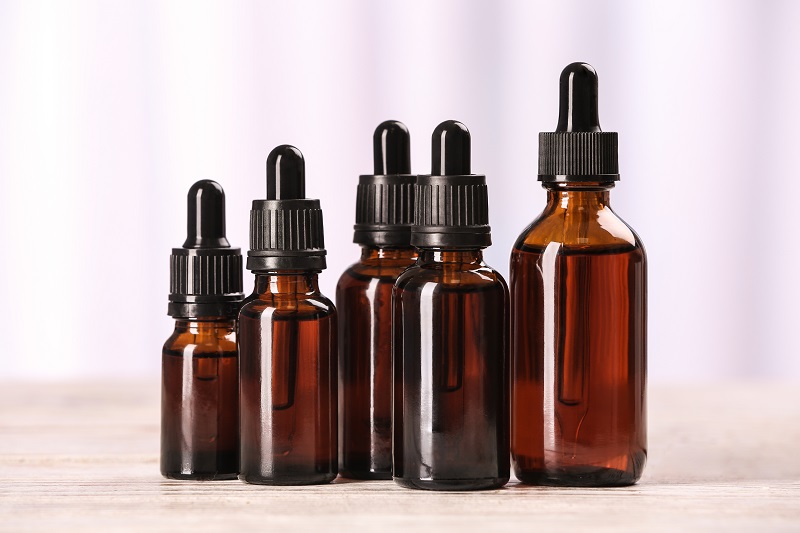
When choosing your CBD products, there is more than meets the eye. There has been a lot of confusion within the industry about the difference between white label and private label products.
Most of the time, a consumer won’t think twice to look at the label and will solely check for brand recognition due to a recommendation or something they’ve seen online. However, a label determines the overall quality of the product and provides detail as to where it was sourced.
This means it’s important to understand that not all CBD labels are the same. While the distinction might be subtle at first, they can actually make a huge difference when it comes to the CBD products you are using or purchasing for your business.
Before you make your next CBD purchase, whether as a consumer or a business owner, take a look at the main differences between white label and private label products.
White Label CBD Products
White label products are produced by manufacturers in large quantities. This is so they can be sold to multiple retailers around the country. Think of it as using a generic form of allergy medicine such as Allegra or Claritan.
The product itself is the same across the board to every company that purchases it until they put their own unique branding on it. This also means that the formula is not unique to any particular buyer. It’s the exact same for every single company that purchases it. Because they are mass-produced, they are also usually cheaper and harder to compete with than private labels.
However, not all white label CBD products are the same. Sawyer Labs, for instance, creates all of their CBD products in-house, removing the middleman and reducing overall costs. All of their products are also FDA (Food and Drug Administration) approved, which means there is less you’ll have to consider than when using a private label manufacturer.
Private Label CBD Products
CBD products are considered private-labeled when manufactured through a third party and are sold exclusively by one retailer. In the example of allergy medicine, think Equate for Walmart.
Because they are using one specific manufacturer, they can know and be in charge of exactly which ingredients are contained in each of their products, as long as they are abiding by FDA standards.
A risk with using private labels as a business owner is that once your product has been delivered to you, it cannot be returned to the manufacturer due to the customization of the products.
Know The Laws and Regulations
Because there is such a gray area within the realm of selling and marketing CBD, it’s important to stay up to date with current laws and regulations. This is especially true when determining who you intend to manufacture your CBD products through.
FDA regulations state, for example, that the branding, packaging, and marketing of CBD products can not be “construed as appealing to minors.” If you are using a private label, this could be tricky as you are in control of the entirety of your product design, putting the responsibility in your hands. A white label company can ensure that they meet all FDA regulations, so it’s one less thing for your company to worry about.
Is One Better Than The Other?
While there is some debate as to which is better, it all depends on what you are looking for in a product. As a business owner, how much do you plan to order? How do you plan to price out your products? What strategy do you have to back up your projected sales? As a consumer, how much do you concern yourself with a brand versus the cost of your product? It’s all dependent upon what your specific needs or wants are for your CBD products.
As a note to business owners, consider the main logistics of your business plan and marketing strategy before jumping into any contractual obligation with a manufacturer. These factors will tie in greatly when deciding whether to work with a white label or private label manufacturer.
Leave a Reply